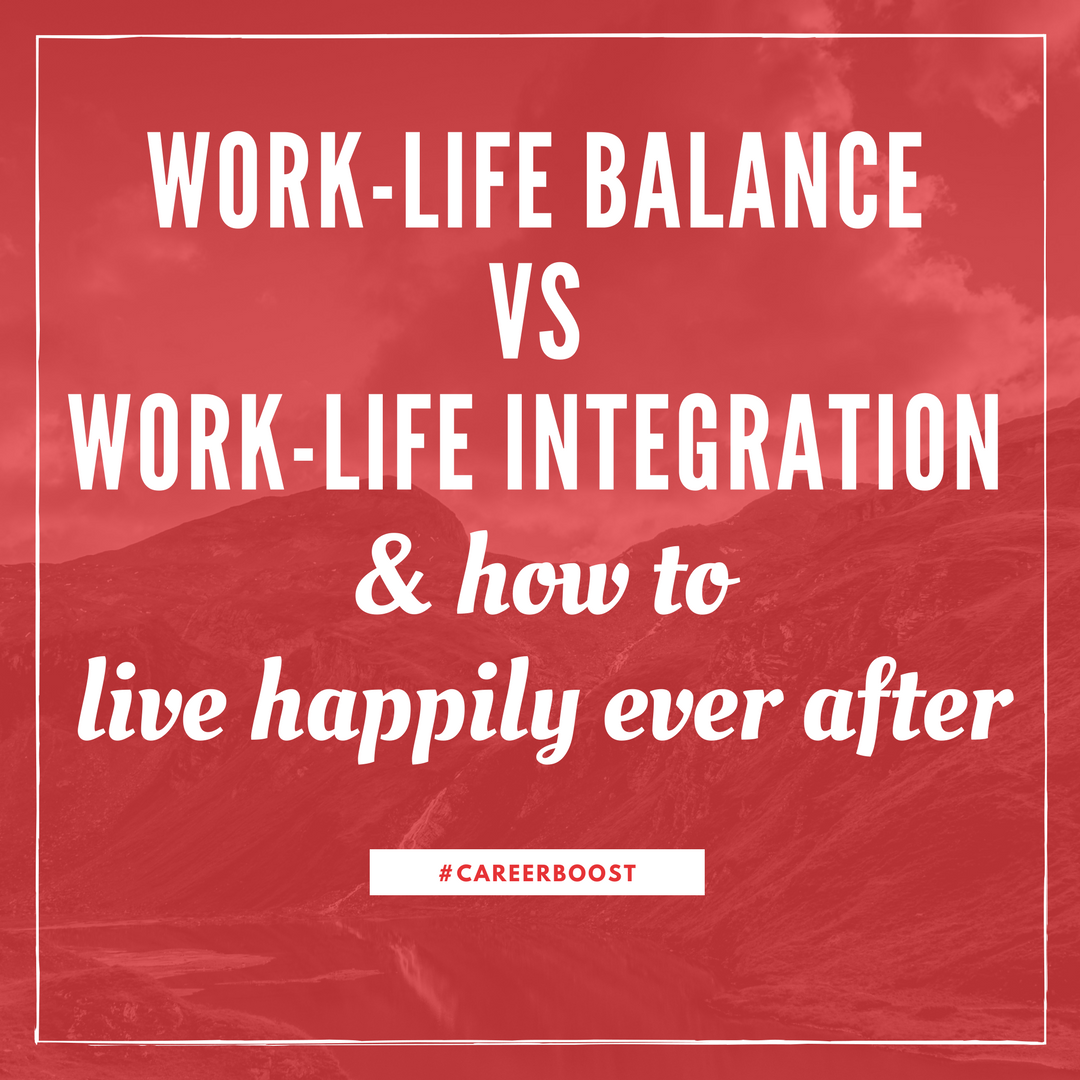The proliferation of the ‘work-life balance’ concept in the last years has led to the creation of many articles and books in the personal development sphere, providing advice on how this can be achieved. Lately though, entrepreneurs and coaches seeded doubts whether achieving work-life balance is possible, or whether such balance actually exists.
Hopping back in time with about 20 years, I have memories of discussions between my lovely parents, addressing this very issues. You see, my parents were happy to leave work behind at 5pm, to focus on my brother and I, to do something different. Back then, work did finish at 5pm, and there rarely existed any reason to concern yourself with work-related affairs before the next day.
Baby boomers and Generation X are part of the workforce that remembers these times, albeit they are leaving by the thousands each day. It so happens that those times predate the era of the Internet and of the smart-phone. it’s not that there was a choice between splitting work and ‘life’, it’s that technology hadn’t evolved enough to support their mingling:
- Firstly, back then work was more location-dependent; you did have to be in the office to get things done.
- Secondly, you did have to have a landline number AND be at home in order to be contacted by your boss outside of work hours.
Generation Y or the Millennials joined the workforce having at the very least a mobile phone in hand and a Facebook account they checked daily on their desktops or laptops. Being connected became important, and the connections included family, friends and peers alike.
Gen Z, the generation of instant connectivity and instant gratification, grew up with a smart-phone in their hand. They are the ones who take whatever’s left of this split between work and ‘life’ and, with a Harry Potter-worthy spell, make it disappear.
- On the one hand, technology evolved to a level where we can reach anyone, anywhere. With a flick of a button, not only a boss can reach an employee, but he can also know if and when you were last online.
- On the other hand, our own mentality changed. We do talk to our loved ones while at work – a fact that has a positive effect on productivity and happiness at work; and we do work outside of the 9 to 5, which again benefits the company we work for.
So are we really talking about work-life balance vs work-life integration; or are we talking about evolution and change?
Millennials, who by 2025 will represent 75% of the workforce, are probably the best to answer this question.
Or better yet, is there a chance that we are more preoccupied with semantics then we are with what people actually experience?
We live in an integrated world and unless we go to great lengths to pretend that this isn’t true, the only option is to adapt. Adapting presupposes change and an easy and painless change presupposes flexibility.
And you can only gain flexibility by having an alternative approach to work, career and life – be it personal or professional.
Register now for my FREE webinar to learn how you too can have an alternative approach to work, career and life.




